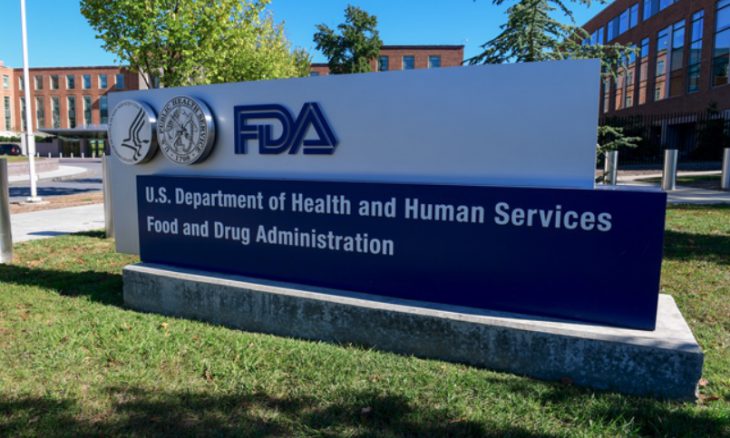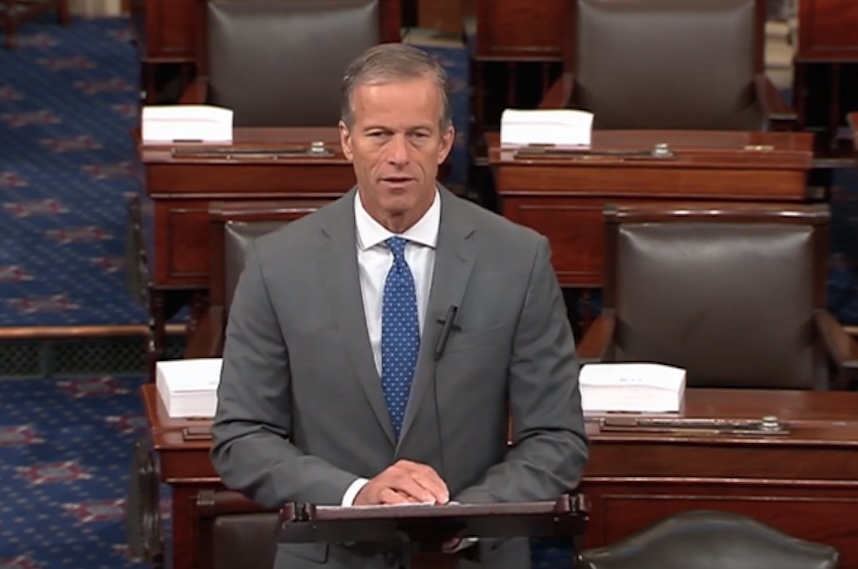Updated labeling limits treatment to ambulatory children after reports of fatal liver failure in non-ambulatory patients.
The U.S. Food and Drug Administration (FDA) has approved significant labeling changes for Elevidys (delandistrogene moxeparvovec-rokl), a gene therapy for certain patients with Duchenne muscular dystrophy (DMD). The revisions follow reports of fatal cases of acute liver failure in non-ambulatory children who received the treatment. The new labeling includes a boxed warning, restricts the therapy’s indication to ambulatory patients aged four and older with confirmed DMD mutations, and adds extensive safety guidance related to monitoring, contraindications, and clinical use.
The FDA is also requiring a postmarketing observational study of approximately 200 patients to better assess the risk of severe liver injury. The agency’s updated recommendations urge weekly liver testing for at least three months, weekly cardiac monitoring for one month, and immediate medical attention for symptoms such as jaundice or changes in mental status.
Adverse events can be reported to the FDA’s MedWatch program or directly to the manufacturer, Sarepta Therapeutics.
As the Lord Leads, Pray with Us…
- For Commissioner Makary to seek the Lord’s wisdom as he manages the FDA.
- For FDA leaders and medical researchers working to ensure treatment safety, clarity in communication, and continued ethical progress in gene therapy development.
- For God’s healing and comfort for the children and families affected by Duchenne.
Sources: Food and Drug Administration









